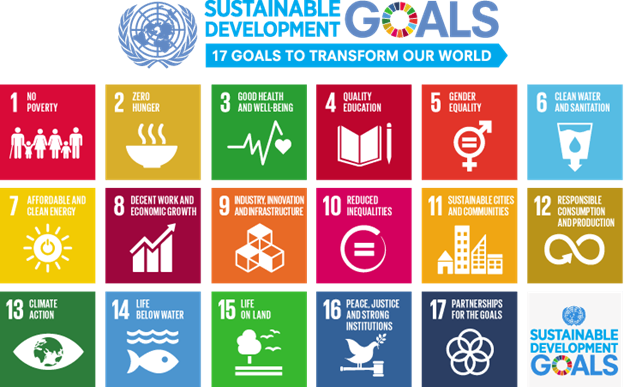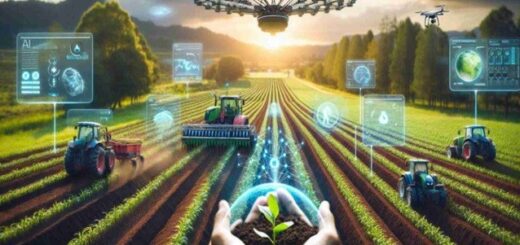Pipe Composting Technology (PCT): Nudging SDGs through Sustainable Waste Management

Pipe Composting Technology (PCT): Revolutionizing Waste Management
Explore how Pipe Composting Technology (PCT) is transforming waste management practices, particularly in rural areas, by converting organic waste into valuable compost using PVC pipes.
Converting Organic Waste into Compost with PVC Pipes
Learn about the process of implementing PCT, which involves using PVC pipes buried vertically in the ground to decompose organic waste such as leftover food, fruit and vegetable peels, and agricultural waste into nutrient-rich compost.
Environmental Benefits of Pipe Composting Technology
Discover the environmental advantages of PCT, including its contribution to waste reduction, preservation of the environment, and promotion of clean and hygienic surroundings within school campuses and communities.
Role of PCT in Promoting Sustainable Development Goals (SDGs)
Understand how PCT aligns with the United Nations Sustainable Development Goals (SDGs) by promoting responsible consumption and production, sustainable cities and communities, and climate action through effective waste management practices.
Implementation of PCT in Assam under “Swachhata Hi Seva” Campaign
Explore the successful implementation of PCT in Assam as part of the “Swachhata Hi Seva” campaign, highlighting its inclusivity and effectiveness in addressing local waste management challenges.
Conclusion Pipe Composting Technology (PCT) offers a sustainable solution to organic waste management, contributing to environmental preservation and the achievement of Sustainable Development Goals (SDGs). By promoting PCT, communities can create cleaner and healthier environments while fostering a culture of sustainability and responsible waste management practices.
by Mr. Amardeep Sharma


